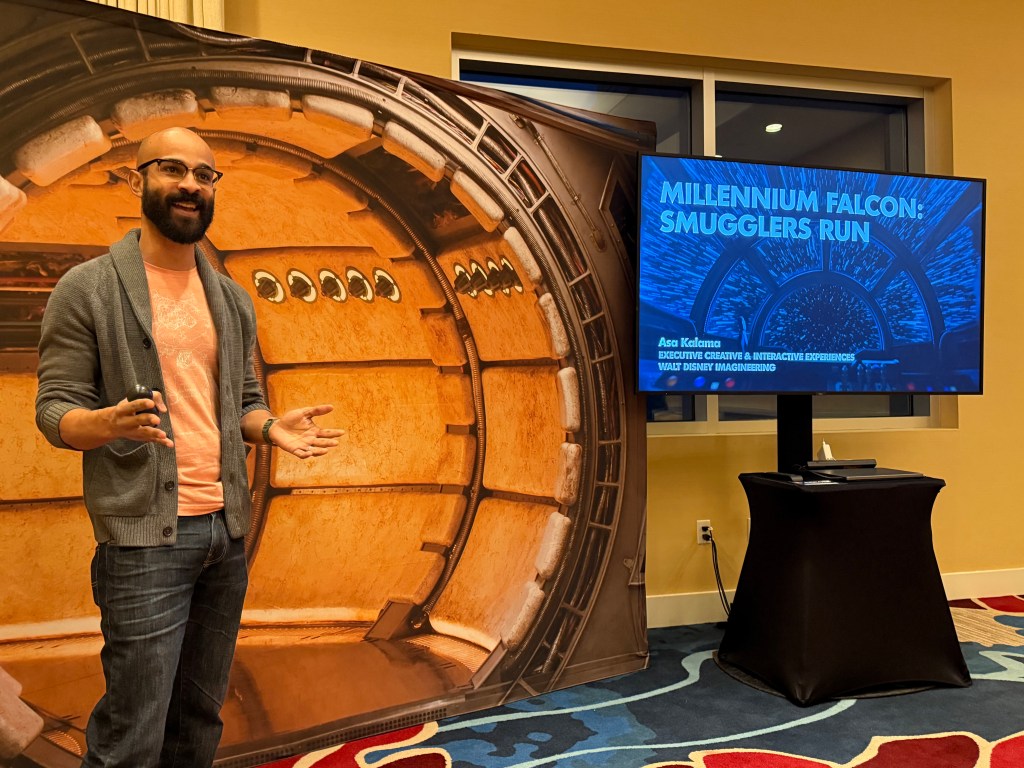
Similar Posts

Understanding AI Perception: How Businesses Evaluate Artificial Intelligence Like Humans and Its Impact on Adoption
In the evolving business landscape, companies adopting artificial intelligence (AI) are establishing both a “utility contract” focused on financial gains and an “emotional contract” emphasizing trust and collaboration with stakeholders. This dual approach enhances operational efficiency while fostering a culture of engagement. To build trust, organizations should prioritize transparency, empathy, and collaboration during AI integration. As businesses navigate their AI journey, those that balance utility and emotional connections will likely benefit from increased loyalty, enhanced innovation, and sustainable growth. Ultimately, successful AI adoption hinges on nurturing relationships for long-term prosperity.

Monopoly Go Surpasses $5B in Gross Bookings: A Record-Breaking Milestone in Mobile Gaming!
Monopoly Go! has achieved a groundbreaking milestone by surpassing $5 billion in gross bookings, becoming the fastest mobile game to reach this figure. Developed by Scopely, the game combines the classic Monopoly experience with engaging mobile gameplay, appealing to millions of players worldwide. Its innovative mechanics, regular updates, and strong community engagement contribute to its success. This achievement sets a new benchmark in the mobile gaming industry and may inspire other developers to adopt similar strategies in their game designs, shaping the future of mobile gaming.

Alibaba Unveils Open Source Qwen3 Model, Outperforming OpenAI’s O1 and DeepSeek’s R1
Qwen3’s recent open-weight release marks a significant advancement in AI and machine learning, providing developers with an accessible license that eliminates restrictive barriers. This development enhances accessibility by allowing cost-effective use of Qwen3’s features, fostering innovation without financial constraints, and promoting global collaboration among developers. Organizations benefit from streamlined development processes, improved competitive advantages, and community-driven support. Overall, this release is a pivotal moment that encourages experimentation and collaboration in the tech industry, making advanced technology more reachable for both developers and organizations.

Augment Code Unveils AI Agent with 70% Win Rate, Outperforming GitHub Copilot and Setting New SWE-Bench Records!
Augment Code has launched a revolutionary AI technology that outperforms GitHub Copilot by 70%, offering real-time context understanding for extensive codebases. The company recently secured $270 million in funding and achieved the highest score on the SWE-bench verification benchmark, reinforcing its leadership in AI-powered coding solutions. This investment will enhance AI capabilities, expand the development team, and accelerate product launches. Augment Code’s innovative technology is set to transform the software development landscape by enabling faster coding, higher quality outputs, and improved collaboration efficiency, marking a significant shift in industry standards.

Game Industry Legend Warren Spector Discusses Bipolar Disorder Awareness in Exclusive Interview
Renowned game designer Warren Spector has openly shared his journey with bipolar disorder, marking a significant moment for mental health awareness in the gaming community. His candid admission breaks the stigma surrounding mental illness, especially in the high-pressure game development environment. Spector’s revelation encourages others to share their struggles, fostering a supportive community and inspiring individuals to speak out about their mental health challenges. Understanding bipolar disorder, characterized by extreme mood swings, is crucial for empathy and support. Spector’s openness highlights the need for mental health resources, reminding those affected to seek help.

AI’s Bug-Fixing Power: OpenAI Study Reveals Limitations of LLMs in Software Engineering
Recent research from OpenAI highlights the limitations of large language models (LLMs) in freelance coding assessments. Although these models display notable abilities, they often fail to achieve full marks on specific coding challenges, raising concerns about their reliability in freelance work. Key findings reveal performance inconsistencies, suggesting that LLMs should not be solely relied upon for complex projects. As technology advances, researchers aim to enhance LLM capabilities. Freelancers are advised to use LLMs as supplementary tools, stay informed about AI advancements, and combine LLM-generated code with their expertise for better results. Further updates on AI developments are anticipated.
